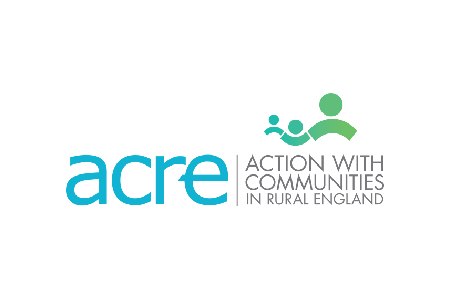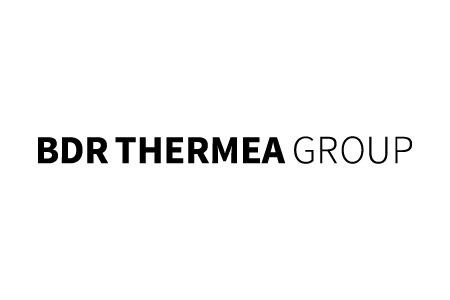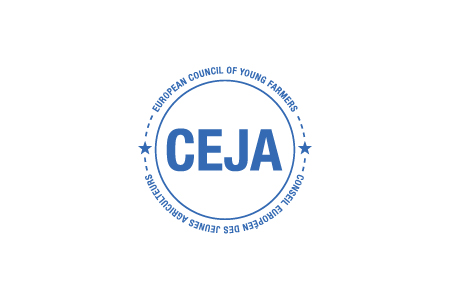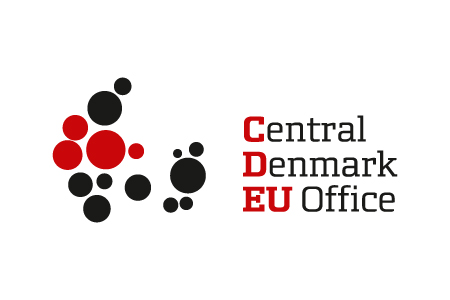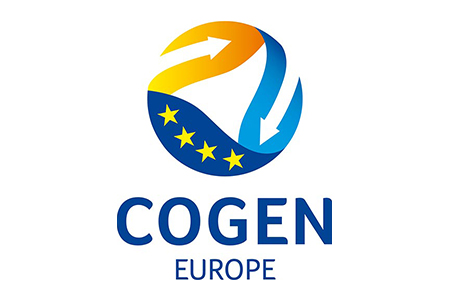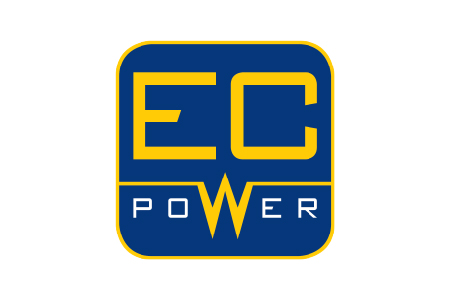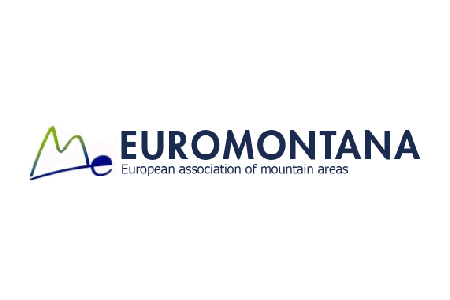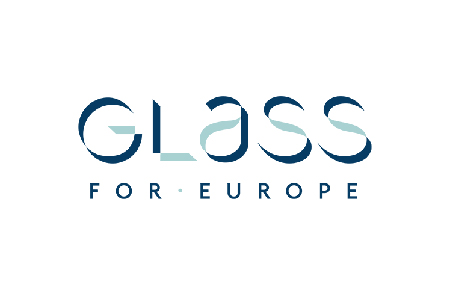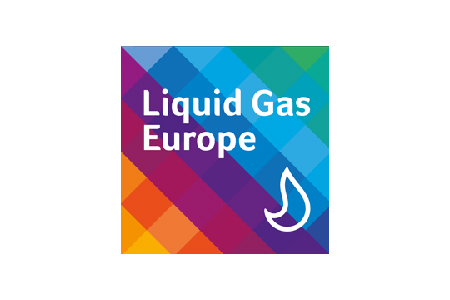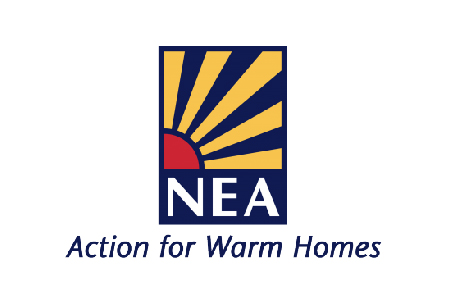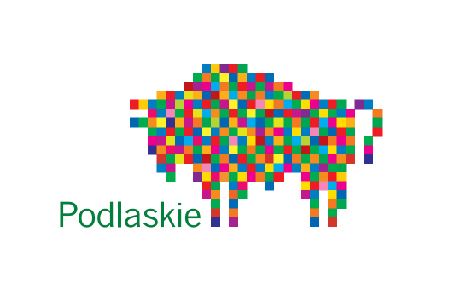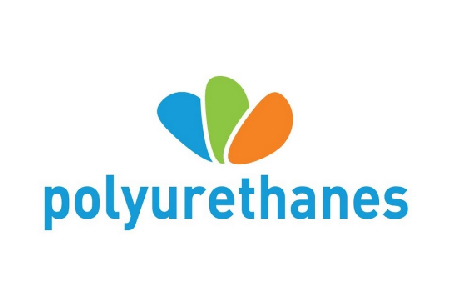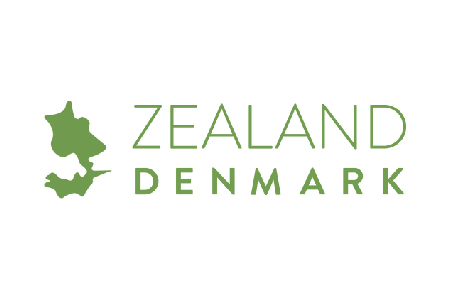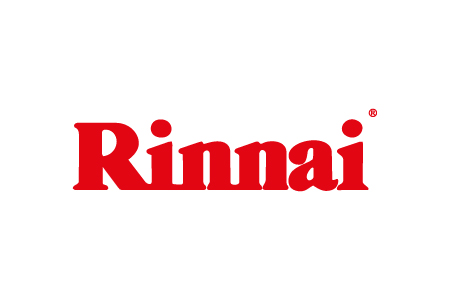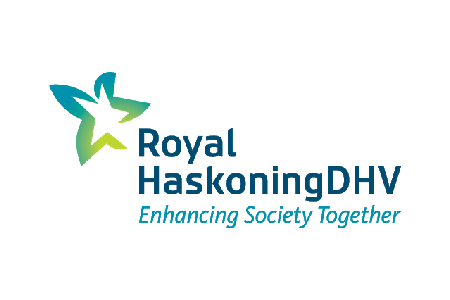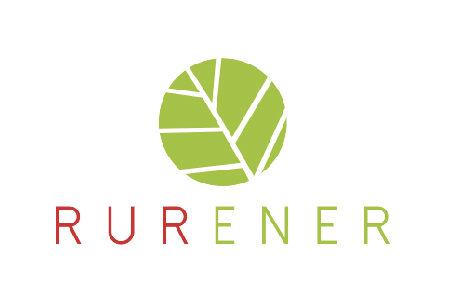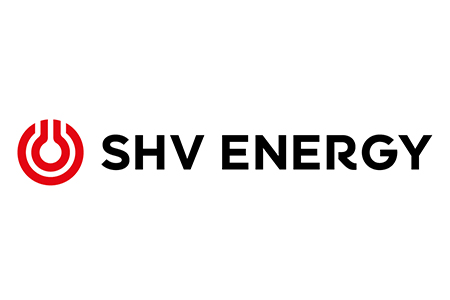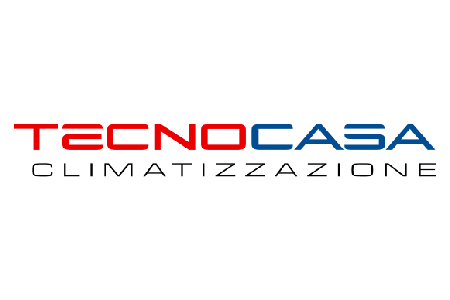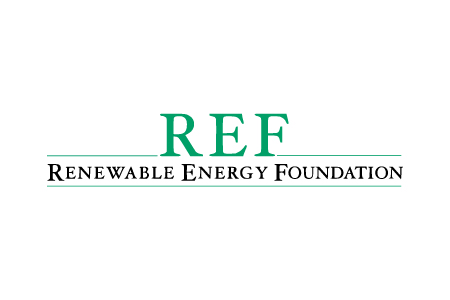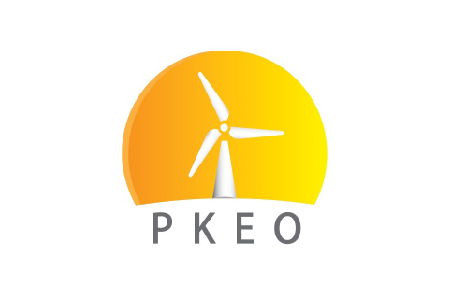Rural areas are important
economically, culturally and politically
About FREE
The FREE initiative aims to promote the use of sustainable energy within rural communities
RURAL VOICE
RURAL COMMUNITIES IN EUROPE ARE IMPORTANT
RURAL COMMUNITIES ARE DISADVANTAGED WHEN IT COMES TO ENERGY CHOICE
Mission
The FREE initiative aims to promote the use of sustainable energy within rural communities
RESEARCH
ENERGY SOLUTIONS
ADVOCACY
Governance
TRANSPARENT
The FREE initiative was created and funded in 2010 by SHV Energy, as its customers often live or work in areas beyond the natural gas grid and rely on decentralised energy solutions. A leading LPG distributor, SHV Energy also provides small-scale LNG and sustainable BioLPG to those without access to the grid. These cleaner energy sources help people to switch away from polluting oil and solid fuels, improving their quality of life and the quality of their environment. Day to day experience showed, that these rural energy consumers have specific energy needs which are often overlooked in government policies and by policymakers. As a family-owned multinational organisation, SHV Energy is committed to working sustainably with communities, stakeholders and policymakers to advance energy together. This group of specialised energy companies is committed to reduce carbon emissions and has the ambition to increasingly defossilize its products. SHV Energy is registered on the EU Transparency Register (ID number 292576015608-71).
COLLABORATIVE
FREE collaborates with research institutes and regularly commissions economists in the field of energy and rural technologies to collect the most relevant data. It supports ad hoc collaboration with third parties to advance mutual interests in sustainable rural energy development. FREE is also a member of theEuropean Parliament Intergroup on Rural, Mountainous and Remote Areas (RUMRA) & Smart Villages, co-chaired by MEPs Franc Bogovič (SI, EPP), Clara Aguilera (ES, S&D), Engin Eroglu (DE, RE), and Niklas Nienass (DE, Greens-EFA).
SUSTAINABLE
Supporters
